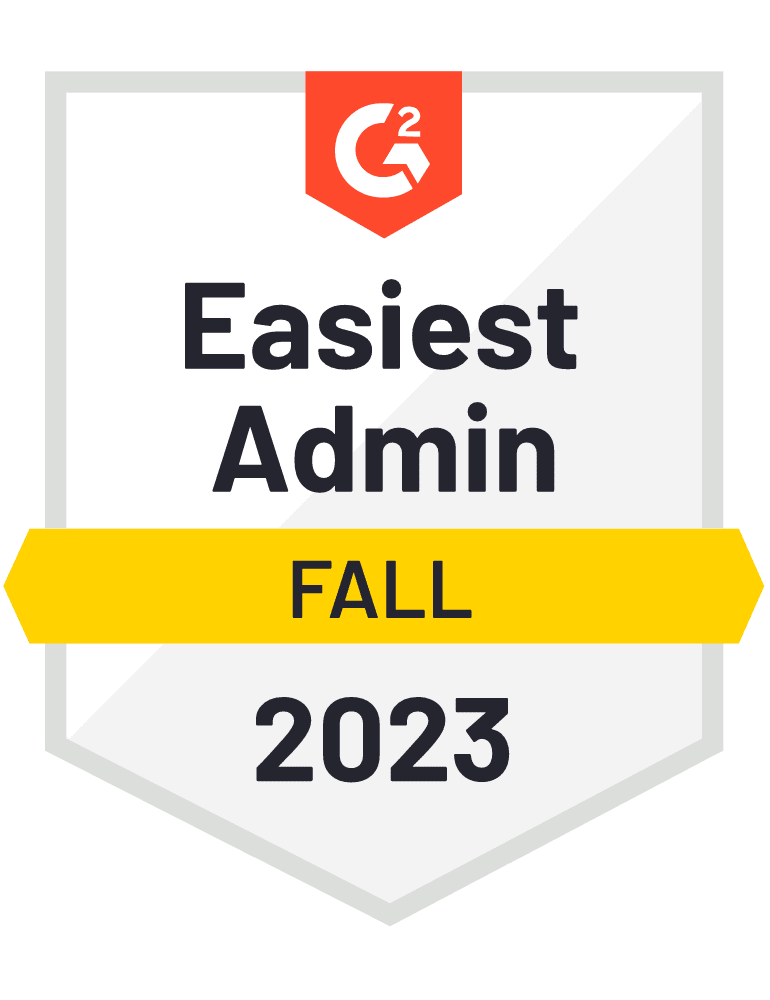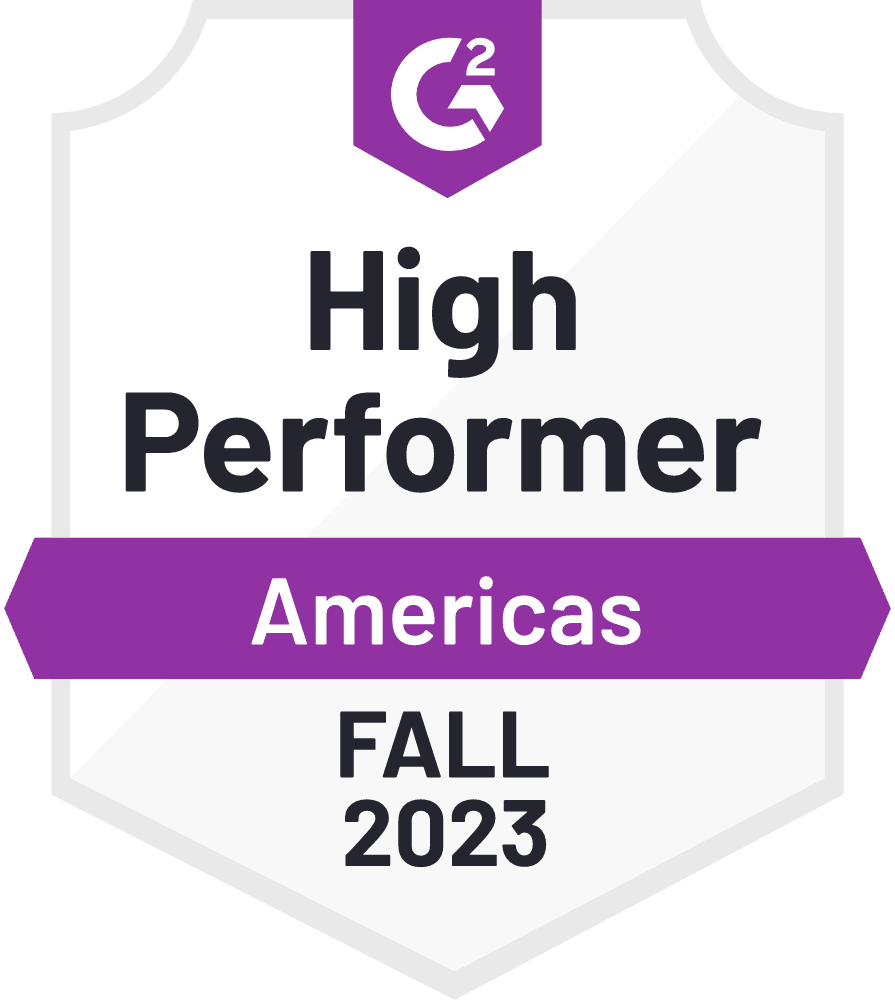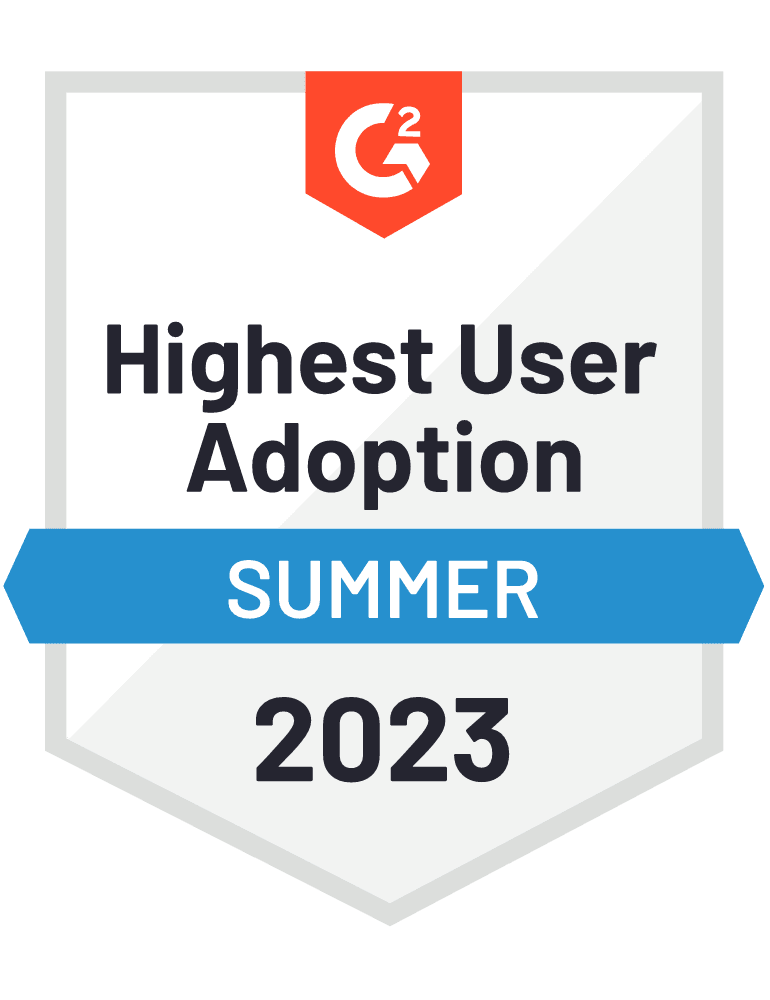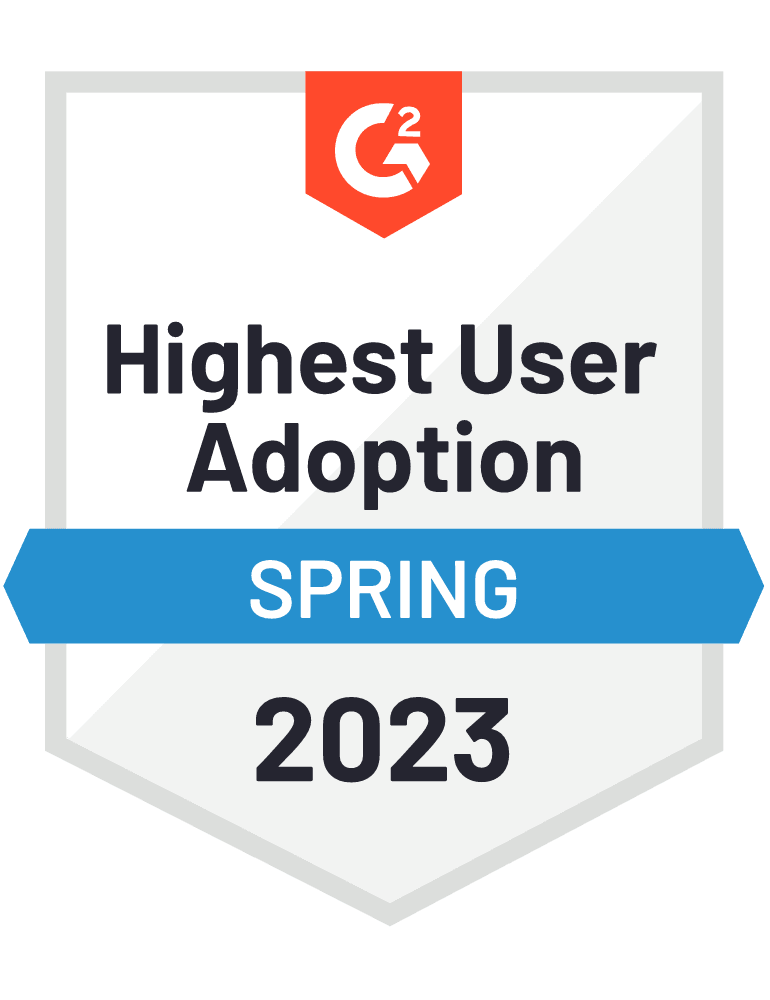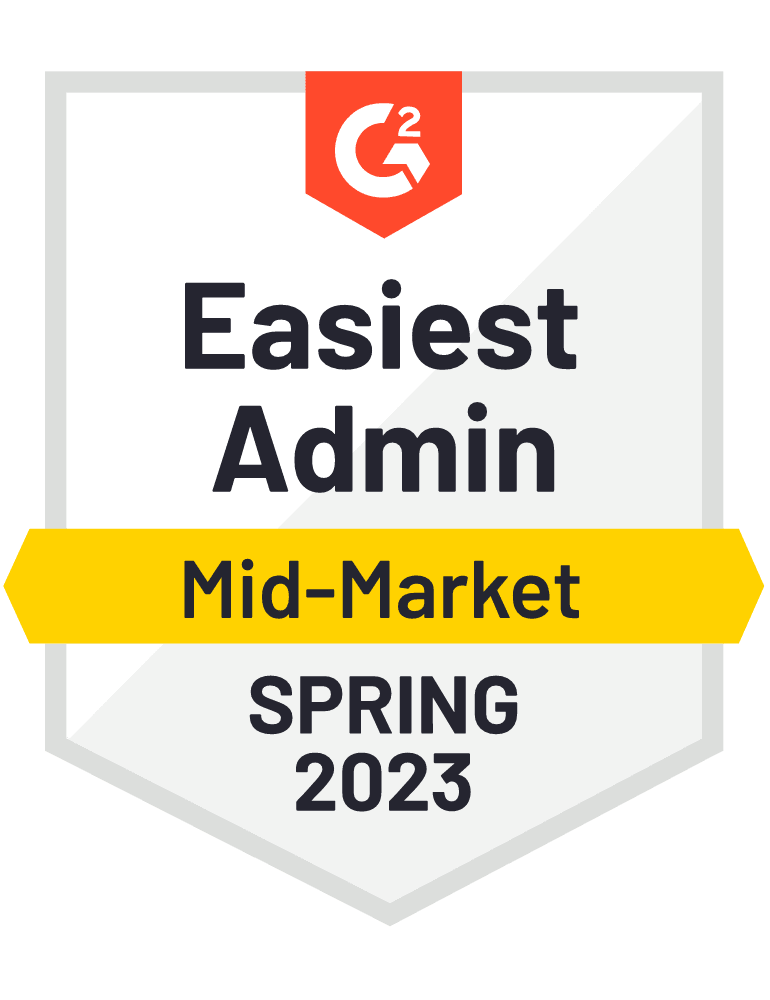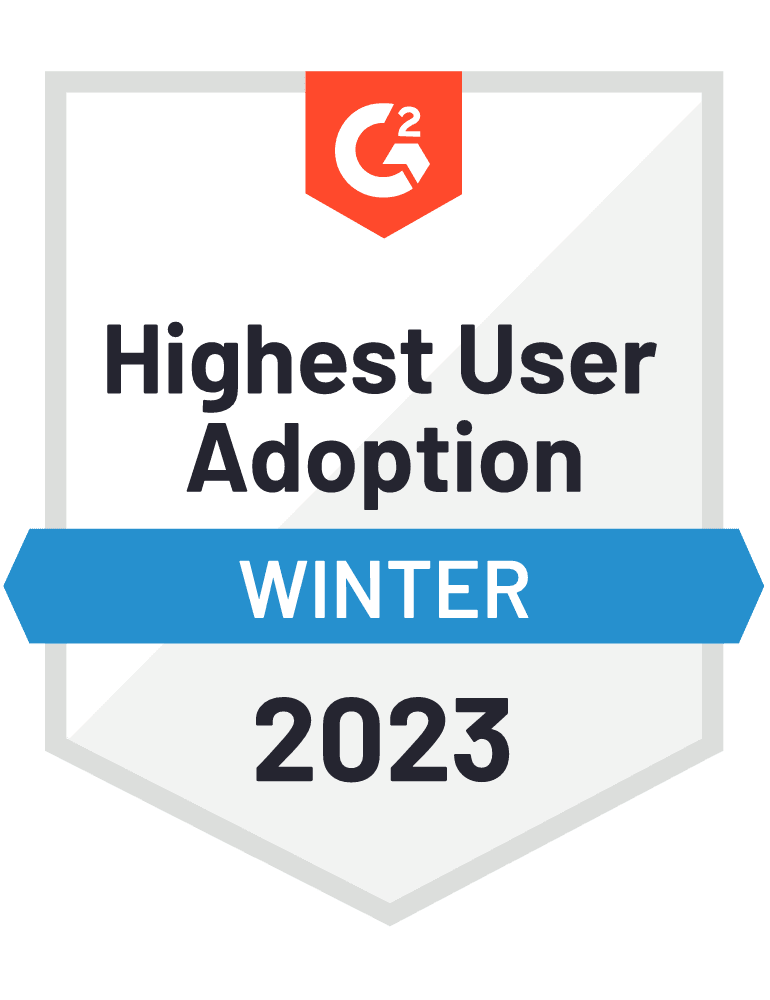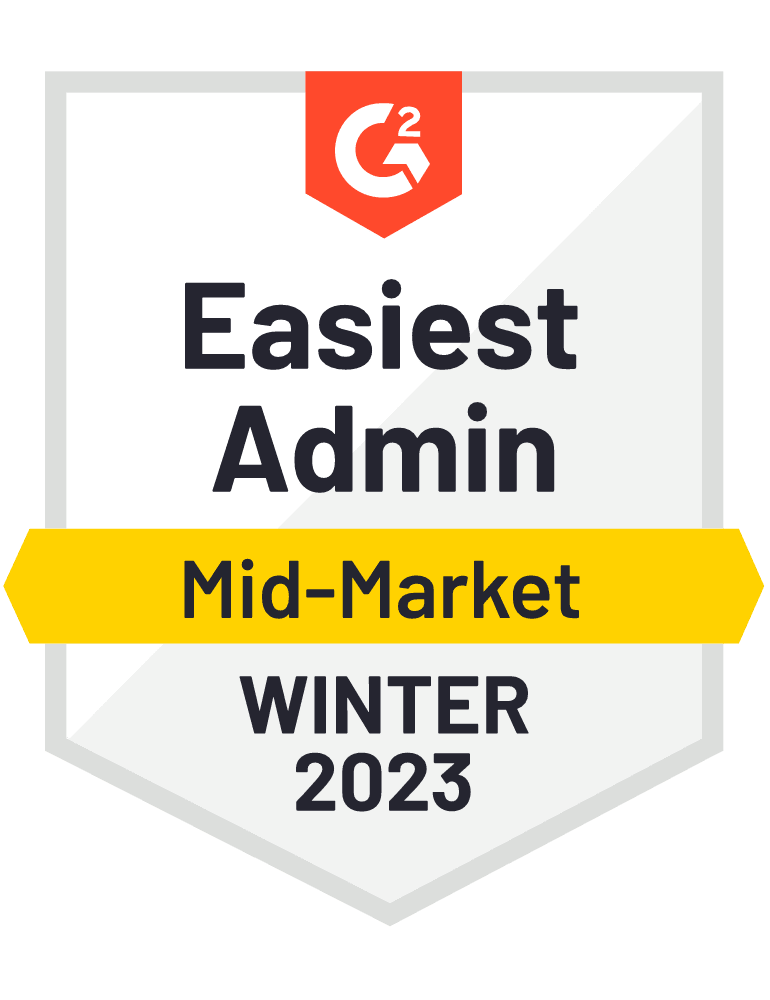As an HCM provider that specializes in home care, we think we have a few things down in the world of home care payroll and compliance since we have the opportunity to interact with leaders in the industry. As a result, we are frequently asked how we can help with caregiver retention. To be honest, there are many things that agency owners tell us their caregivers want, ranging from patient support initiatives to pay. Unfortunately, there may also be many things that are out of your control and can feel overwhelming, especially when your client demand is high but your caregiver turnover rate is poor.
To learn a bit more about what caregivers want and what makes them happy, Bryan Attanasio has taken some time out of his day to answer a few of my questions. (I am sure they are some of your questions too.)
Bryan works as a sales manager for Viventium covering several markets (PA, NJ, WV, OH, MI, IN, CO, & NE) and has been specializing in providing support to the home care industry for more than 2 years. In short, in this interview, Bryan advises focusing on things you can control, such as payroll transparency, learning opportunities, and financial pay options.
Here is what he had to say:
As you meet with agencies every day, what are you hearing are the main reasons why caregivers leave one agency to work for another?
One of the driving forces behind caregiver transition from one agency to another is pay. However, it is not always as simple as providing more competitive wages. Frequency of pay (daily vs. weekly vs. biweekly), confidence in pay being correct (detailed pay stubs), available hours (more hours = more $$$), and employee benefits all play a factor.
Another major factor is a lack of support for caregivers in the form of more professional training. Caregivers want to do their jobs well, so agencies that invest more in caregiver skill development often give themselves a leg up on the competition with attracting and retaining caregivers.
Speaking of pay, why is it so difficult for agencies to correctly pay caregivers, and how can agencies be more transparent?
The fact is that payroll in this industry is complicated. Reasons include:
-
- Work location: This industry does not work as many others do, where employees go to work at a single location and perform duties there. Caregivers work in the homes of their patients, with many different patients throughout the week, month, or maybe even day!
- Pay rates: Agencies often pay caregivers multiple different pay rates (depending on services provided, patients seen, weekends, on-call shifts, training, mileage, etc.), which can make calculating payroll correctly, compliantly, and efficiently a struggle.
- Multi-rate overtime: When a caregiver works multiple rates within a week and works overtime, FLSA requires that the overtime rate is based on a blended average of the rates worked in the week. This is also known as the regular rate of pay. Many agencies do not know this and may in fact be out of compliance. Those who do have to take valuable time manually completing these calculations if their current payroll system cannot handle them.
- Missed punches: In an industry reliant on caregivers clocking in and out of their shifts, it's inevitable that missed punches will happen. The trouble comes when looking to provide pay for these missed punches. Many agencies will lump hours into the current week, or even worse, record the hours in the wrong week, which opens the agency to additional overtime liability. So when an audit comes through (see the next bullet point), it can be difficult to prove accurate pay. Again, for agencies that are even aware of these complexities, it is a very manual process to operate correctly if there is not a system that can handle the calculations.
- System of record: Businesses in this industry have an additional responsibility when it comes to payroll reporting due to the nature of revenue attainment, i.e. reimbursement. Agencies are often audited to ensure that what is billed accurately correlates with what was paid. This can cause a headache for agencies when having to prove consistency between both areas of business without a system that can house detailed, per shift clock-in and clock-out information.
We know pay is why most people get up and go to work every day, but aside from pay, what benefits are caregivers looking for agencies to offer these days?
When joining an agency, caregivers are looking for the following benefits to make their lives easier:
-
- Weekly pay or even daily pay: Everyone wants their money faster!
- Flexible pay options: Caregivers want not just direct deposit and live checks but paycard programs as well.
- Access to information: Caregivers would rather view and print paystubs without having to call or go into the office.
- Training and development: Opportunities for continuing education and training are strongly desired.
While learning and development have always been important, it has never been as important as it is today given the pandemic. What are some of the most requested training modules from caregivers? What type of learning opportunities are caregivers looking for?
Caregiver training requirements are preset by the state, but other than that, one of the best trainings is helping caregivers understand cultural differences. This can be extremely helpful when certain situations arise, and they will know how to proceed.
I think the major benefit of our Learning Management Software powered by Nevvon is the fact that learning actually takes place. With micro lessons, gamification, completion rates, and the ability for caregivers to educate themselves at their pace and on their schedule (just to name a few), this system is much more effective than manual and other training programs.
Some of the most requested trainings that are beneficial to caregivers are:
-
- Dementia and Alzheimer's: Many seniors being cared for have some form of dementia; after taking this training module, caregivers feel more confident and have a better understanding of the associated behavioral issues that come with dementia as well as how to best provide and manage care.
- Mental health: Caregivers have an exceedingly difficult job and are often busy working with different clients in the same week, so managing their mental health is a priority.
- Infection control: As knowledge evolves regarding infection control, many caregivers thirst for the latest guidance, as there is so much misinformation circulating around.
So all in all, on a limited budget, what can agencies do to provide more options to caregivers?
Agencies have a few great options:
-
- Look to eliminate profit leak wherever possible: This will provide a much-needed bump to the bottom line and may even open up budgets for increasing pay frequency and offering other benefits. Consider trying to:
- Reduce turnover (Home Care Pulse estimates that each turned-over employee costs an agency about $2,600);
- Reduce paper expenses by using an electronic onboarding platform; and
- Maintain billable hours by using a digital training platform so caregivers are not taken out of the field to complete training.
- Take advantage of the Work Opportunity Tax Credit (WOTC): Learn more about it in our article “Why Home Care Agencies Should Take a Closer Look at WOTC.”
Visit our Home Care page to find out more about Viventium and the solutions we provide to home care agencies.
This information is for educational purposes only, and not to provide specific legal advice. This may not reflect the most recent developments in the law and may not be applicable to a particular situation or jurisdiction.


